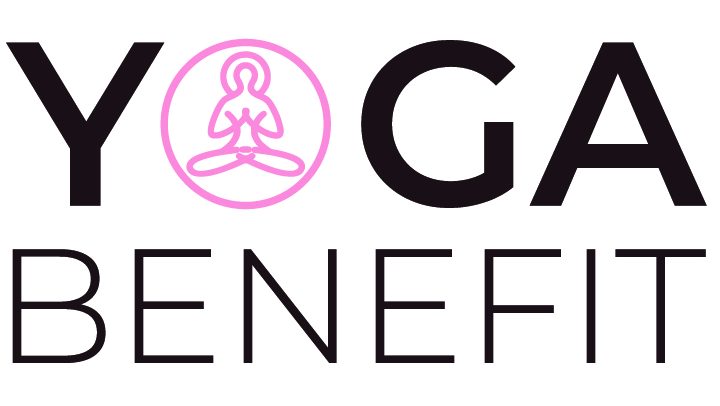This is how I see the environment. It is not about me (humans). Or we will face extinction. We must think differently about our roles as species on the planet. The end. The end. !Hasta la vista, baby!

An inner breakthrough is the key to any real transformation. Most often, what we experience makes us see “the Light”, or “the Truth”. Only then can we, the humans, make a difference (our species has achieved amazing feats, biologically speaking, humans love challenges).
Many of us already know about yoga and the many benefits it brings to our physical and mental health. Yoga helps us to connect with our inner Self, and to create and maintain a relationship with our bodies and minds. Yoga aims to raise awareness about our inner spiritual, physical, emotional, psychological, and psychic environment. What about environmental protection and pollution awareness? I’m not sure.
Five Yamas in yoga philosophy
After years of focusing on the physical aspect of yoga, I finally found my way to the spiritual side. I read the Yoga Sutras by Patanjali, the “Bible” of yoga practitioners. It describes the eight limbs of yoga – the guidelines to a fulfilling and purposeful existence. To make sure you finish this article, I will concentrate on the first one, “Yamas”, which is a set or rules of ethics. These are the five yamas that Patanjali has listed:
- Ahimsa is the first of all the yamas. It means non-violence, or not-harming oneself, or other living creatures. This yama is the foundation of vegetarianism. Let’s take a realistic approach to embracing it. Think about all the plastic products that you use every day. If you don’t live in a country that has the resources to properly store and recycle plastic, it will soon end up in our oceans.
Yes, One Ocean to keep all of us alive. Satya means honesty or truthfulness. What are your actions to make a positive difference in the environment? I am trying to reduce plastic use. But, I must be truthful: I don’t have a tap in Thailand so I buy large plastic water bottles. I also ride my motorbike to work. Let’s continue making small steps. Think about your environmental footprint and what you can do to decrease it. You will start moving in the right direction, one step at a while, if you do this. - Asteya is a synonym for non-stealing. I am mainly addressing the “First World”, or developed countries. Under the banner of “international trade deals”, countries with greater wealth and power have been guaranteed the best natural resources (water and fish most often taken from faraway and at very low prices). These plundered countries end up becoming even poorer and are forced to flee their homelands to better prospects. Although I know that the current issue of immigration is more complicated than this, you may still get the point. It is important to avoid saying “I have lots of” or “I own everything” when it comes to sustainability and the Earth. Instead, say “There are plenty of these so let’s spread it around” because it doesn’t belong to any one country.
- Brahmacharya addresses overindulgence. We can spread the message that there are better options and that they don’t need to be dominated by lobbyists and mega-corporations.
- Aparigraha means not to be greedy and possessive. Rumours suggest that big corporations are trying make natural water sources private. It is possible that air and crops will soon be private. Similar is true in yoga. The founder of “hot yoga” tried for ten years to replicate his sequence of yoga poses in heated rooms. Evidently, the self-described guru was more concerned with gaining personal wealth and fame than keeping true to yoga’s essence. He has now lost the legal battle and the poses are still available for everyone.
These are two examples of aparigraha, the idea that we can grab any object that is already there naturally or created previously and pretend to OWN it in order to become more powerful and wealthy.
